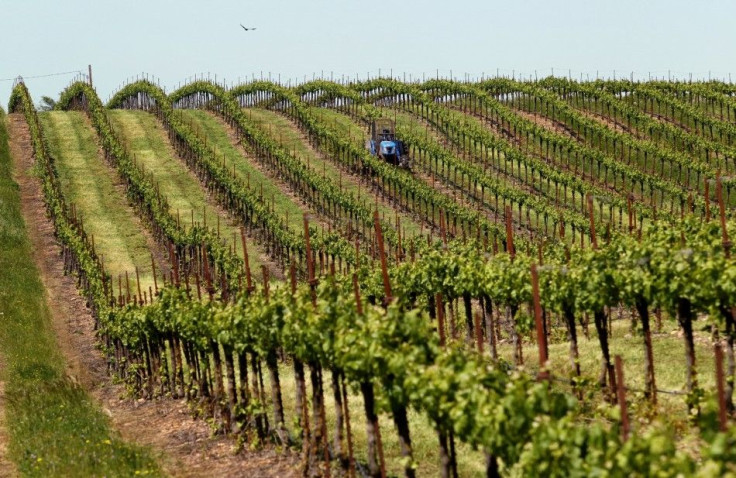US Sen. Coburn Seeks Cuts To Agro-Marketing Subsidies

U.S. taxpayer subsidies for corporate advertising abroad, a program that is part of the farm bill now being considered in the Senate, could be cut if senators accept a proposal by Sen. Tom Coburn, R-Okla.
Coburn, who has made disclosing and reducing government waste a centerpiece of his legislative career, has proposed a $40 million cut in the program, which is part of an estimated $100 billion Washington will spend annually over the next decade to implement food policy.
You will recognize many of these as household names, such as Welch's, Sunkist, and Blue Diamond. Despite their combined $2 billion in sales in 2009, these companies received more than $6 million in 2012 from taxpayers for product promotion, according to a report issued by Coburn Thursday.
Under the congressionally funded U.S. Department of Agriculture Market Access Program, or MAP, about $200 million a year goes to companies or business groups to market their products abroad.
Here's one example: In the past 10 years, taxpayers have given $169 million to the Cotton Council International. Among its uses for that money is a fashion-oriented reality-TV program in India titled Let's Design. It promotes cotton use in a country that exports cotton to the U.S. -- in competition with U.S. cotton producers.
Under MAP, groups advocating products generically, such as the California Wine Institute, must pitch in a dollar for every $10 it receives from taxpayers to market California wine abroad. The institute, an advocates for an industry that generates about $18 billion in U.S. sales alone, is the largest recipient of public marketing assistance through MAP. So far this year, it has received $6.9 million, according to the Congressional Research Service.
Individual companies have a higher bar for accepting handouts from the government than do groups such as the California Wine Institute: They must provide $1 of their own for every $1 of public money they receive.
For example, the privately held, Sherman Oaks, Calif.-based Sunkist Growers Inc., one of the largest fruit sellers in the world with annual sales of $1.2 billion, has received $34 million in public money from the Department of Agriculture since 1999, according to Coburn's report. Much of the marketing money has trickled down to Draftfcb, one of the world's largest advertising agencies.
In April of last year, Michael Wootton, senior vice president of Sunkist, testified before a U.S. House of Representatives agriculture subcommittee, where he told the reps that MAP is essential to our export growth since the U.S. has dismantled its own trade barrier to fruits and vegetables produced in countries, like Spain, with lower costs.
Spanish producers, assisted by [European Union] trade promotion initiatives and other forms of subsidy assistance, began shipping large volumes of mandarins into the U.S. market in recent years, Wootton told the committee. Their in-store promotions and attractive packaging enabled them to seize a high-value share of the U.S. market and reduce returns for American producers.
The National Council of Farmer Cooperatives, or NCFC, said the subsidies Coburn aims to cut by about 20 percent help small U.S. producers expand overseas.
MAP provides the American taxpayer with a tremendous return on investment. A recent study found that for every dollar spent on the program, $35 in agricultural exports are generated, said NCFC President and CEO Charles Conner. Not only does this money flow back directly to farmers and ranchers, but it also boosts the wider economy, creating jobs in manufacturing, transportation, and other sectors.
© Copyright IBTimes 2024. All rights reserved.






















